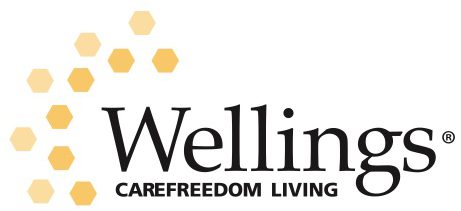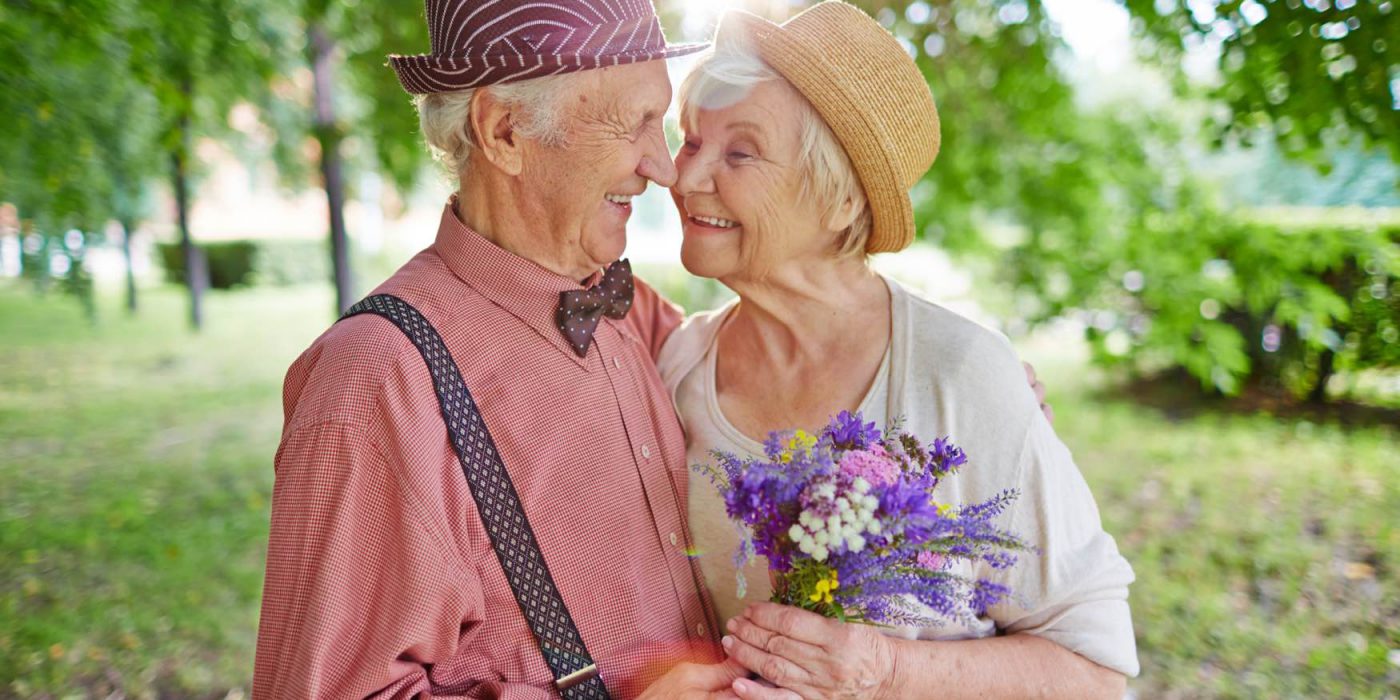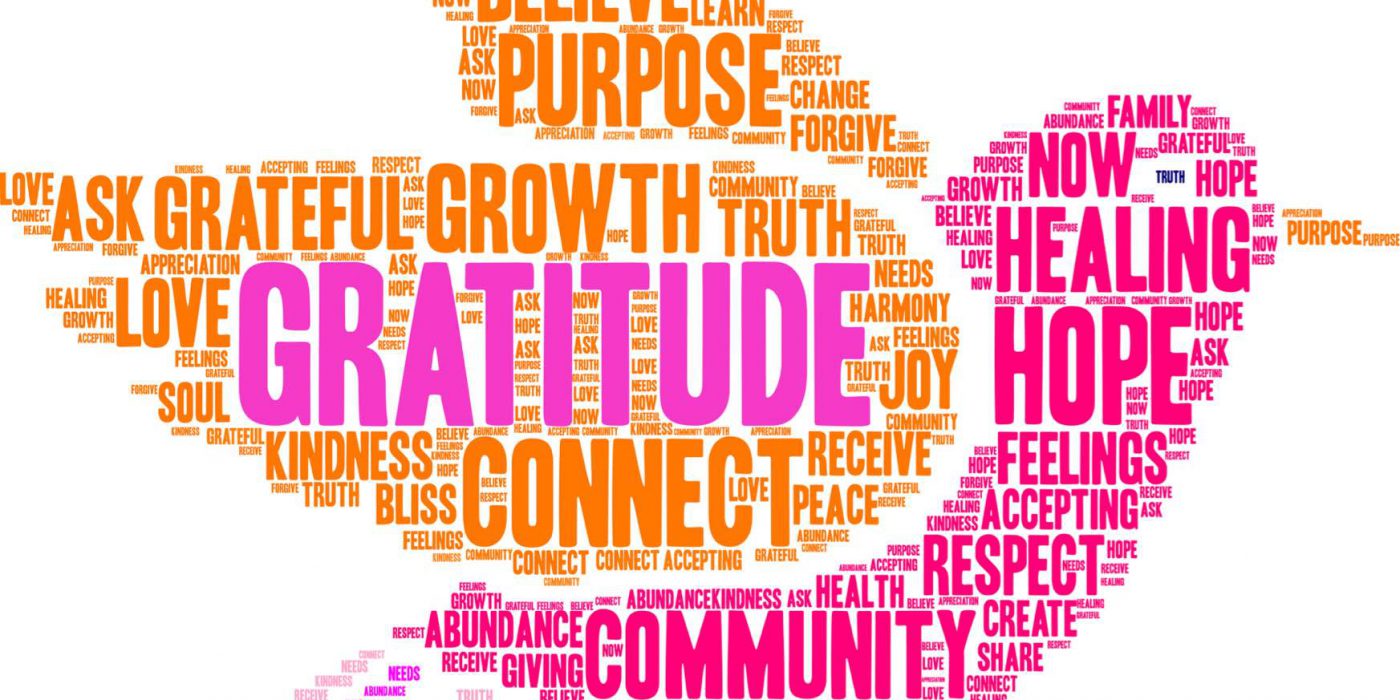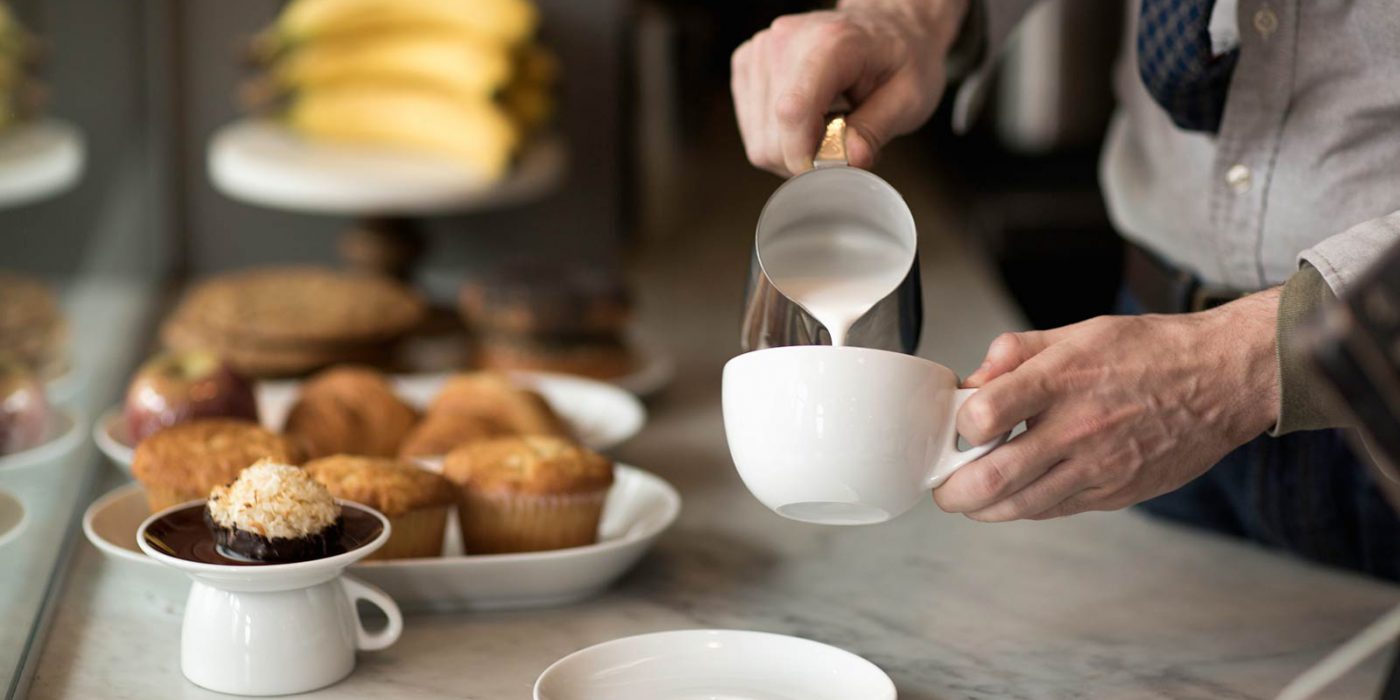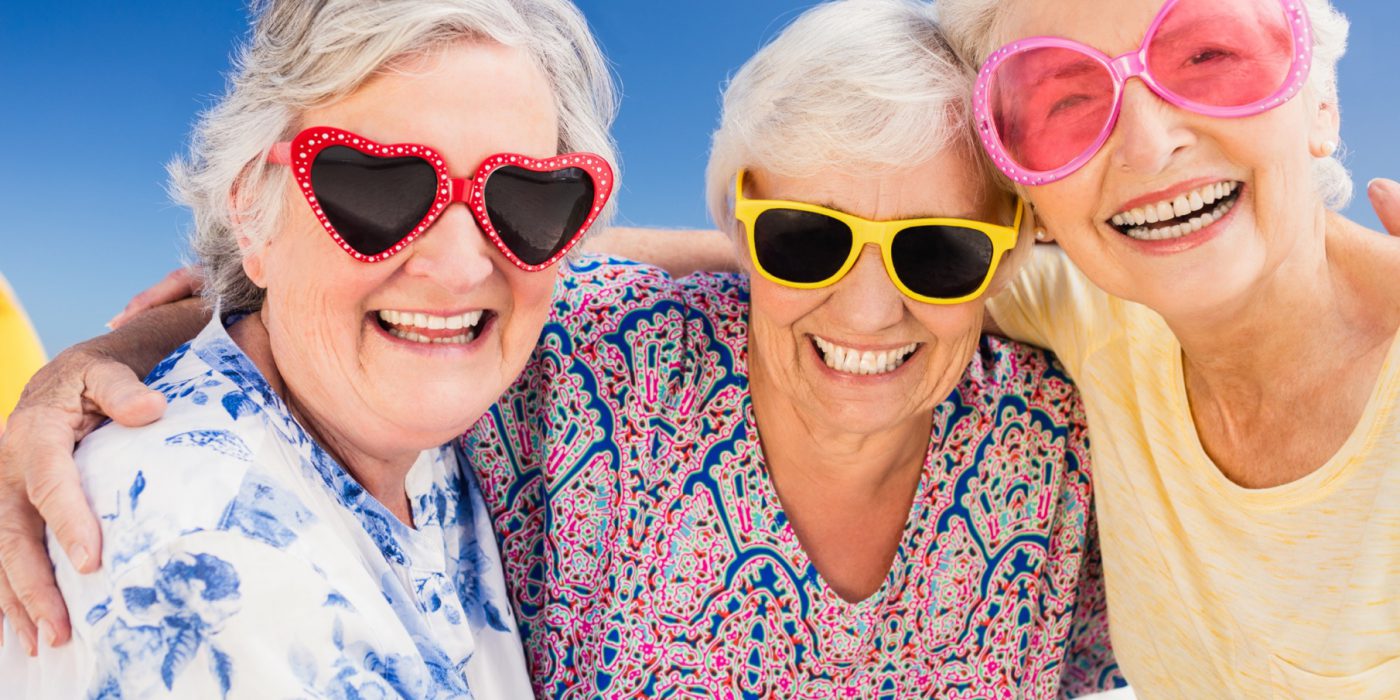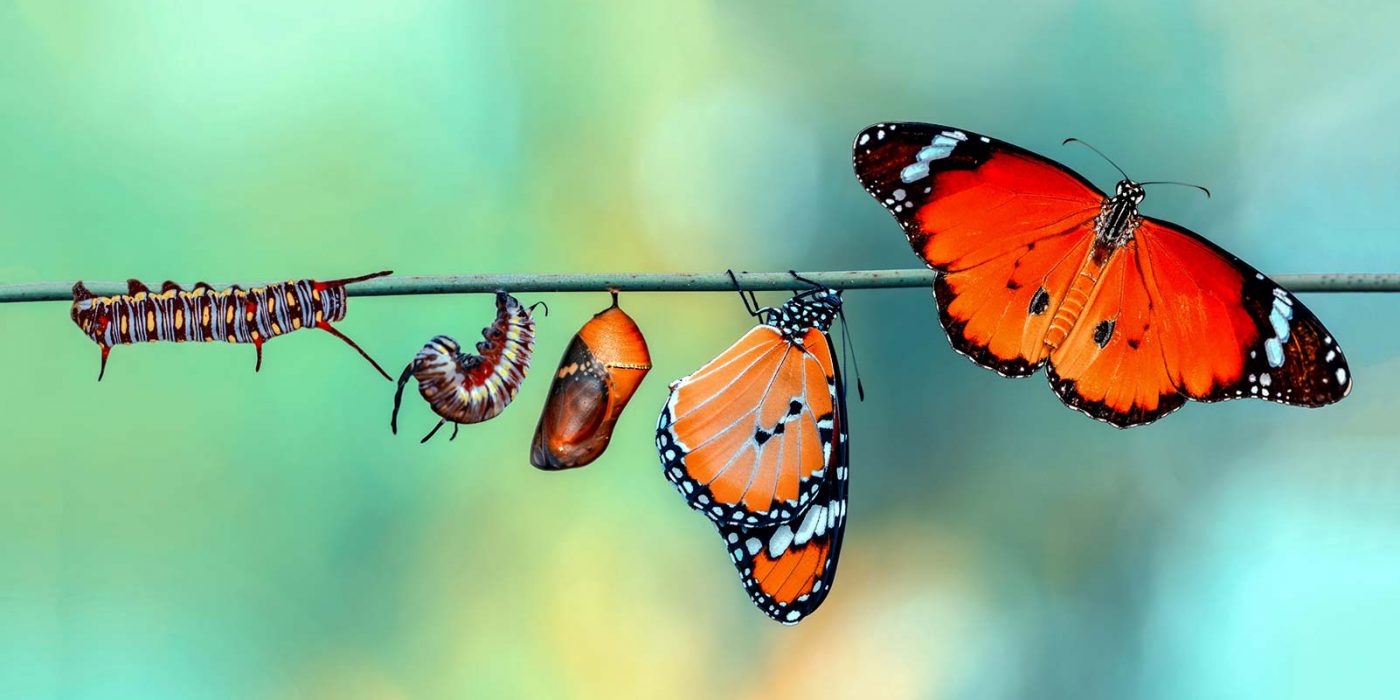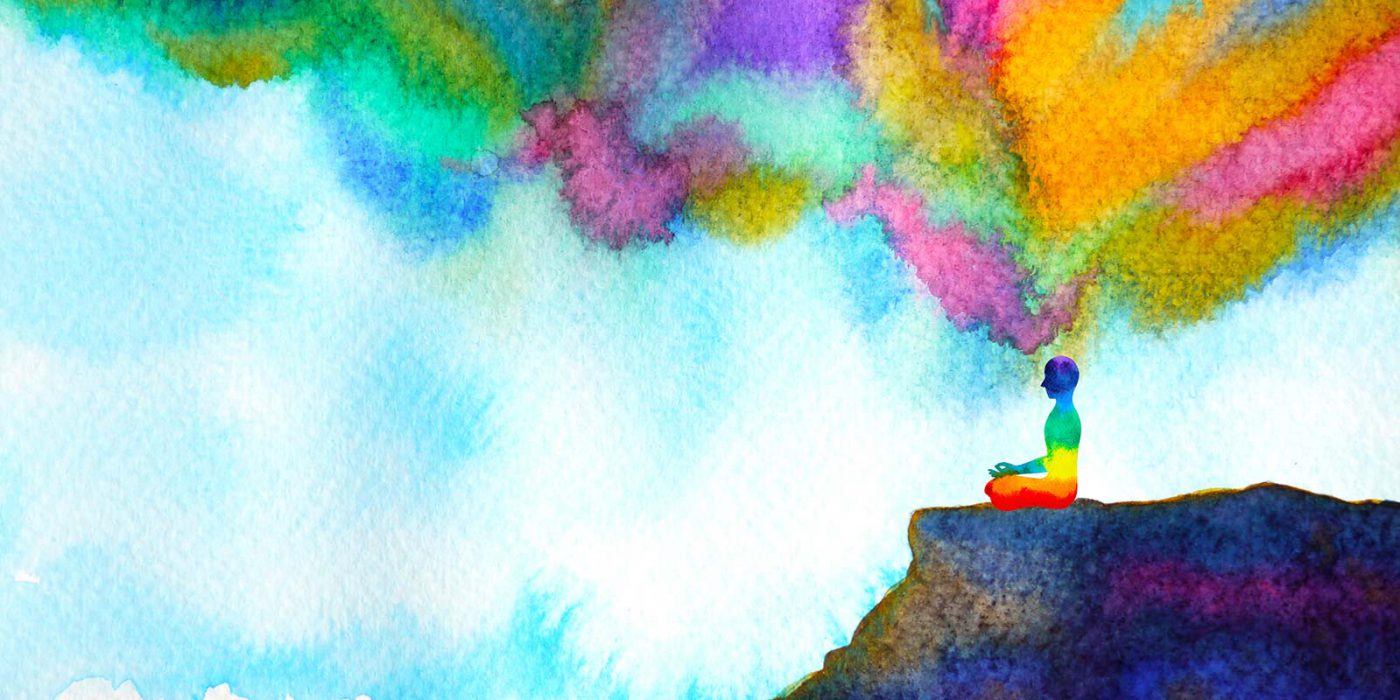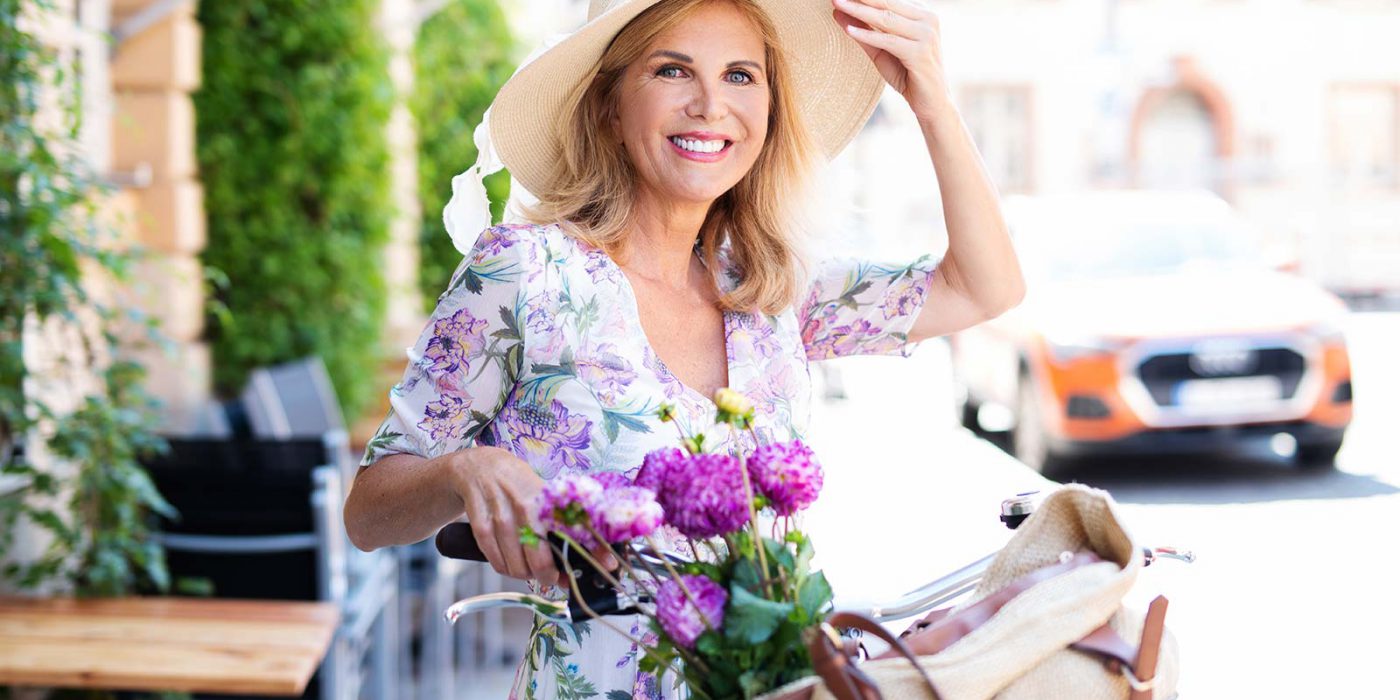Bring your own Sparkle to Light up the Holidays
I start to get excited about the holidays in late November. That’s when the greenery and decorations start to appear around the house and this little festive elf gets busy in the kitchen. I’ve probably mentioned it here before, so forgive me but my two favourite festive indulgences to make are plum pudding and white fruit cake. The plum pudding has been a tradition in my family for as long as I can remember. My mother and my god mother used to get together in early November to make plum pudding that they shared with family and a few choice friends.
My mother-in-law made the most gorgeous white fruitcake that I’ve added my own special twist to, to make it my own. I now make several fruit cakes and smaller plum puddings, using our family recipes, to continue sharing this sweet gift; it’s one of the ways I share my sparkle during the holidays.
“Use each moment to make another’s eyes sparkle and to warm a heart.” – Doreen Virtue.
The magic of the season is apparent in the eyes of children and we can learn a lot from them about how to share our sparkle. The gifts that children give are among our most precious possessions: a Christmas decoration made by your child in grade one becomes a treasured ornament. It really is so simple and we forget that it’s not about the magnitude of our giving, it’s about the meaning. We can all share our sparkle during the holidays and it doesn’t have to cost anything, in fact we’ll be richer for it.
First of all, gift yourself by focusing on what you’re grateful for, when you first wake up in the morning. This sets you up to recognize the blessings in your life, so that you feel abundant. Then as you go about your day, you can share that abundance with others.
Give away smiles freely, hand out compliments like candy, be a generous listener, let someone go ahead of you in line. Each one of these suggestions is a meaningful gift from your heart; believe me, it will make a difference.
The other day I was waiting to merge into busy traffic when a driver in the lane I wanted to access, made it clear that she/he was going to let me in. I couldn’t believe it; the driver put on their turn signal as if they were going to pull off the road, just so their intention to let me in was very clear. I gave a wave as I pulled into traffic and did a little happy dance in my seat. I think I even said out loud “who does that?” Someone who felt abundant did that and I am so grateful.
It’s that simple. Perhaps it’s checking in on an old friend or connecting with a family member you haven’t spoken to in a while. How about making a greeting card and sending it in the mail? Maybe you add an extra portion of whatever you’re making for dinner and share it with someone. Perhaps you bake some extra goodies and gift them. If you’re picking up some festive ornaments, get some extras and share them.
“Maybe our sparkle comes from somewhere deeper inside, somewhere so pure and authentic and real, it doesn’t need gloss or polish or glitter to shine.” – Mandy Hale.
I don’t know about you but I’m not interested in Christmas shopping anymore; not only because it feels stressful but I realized a few years ago that shopping is not the point of the holidays. It’s not about presents as in gifts; rather it’s about presence as in awareness and mindfulness. It’s a beautiful time of year to get decked out with decorations, lights and special food. It’s also an opportunity to pause, reflect, spend time with those we care about and make a difference for others with our sparkle.
While it’s the season of giving, we shouldn’t forget to give to ourselves. Making time to both rest and be active during this time of year will benefit our mood and fill us with positive energy. Taking good care of ourselves is perhaps the greatest gift we can give to those we care about because when we feel good, we carry that sparkle with us not only during the holidays but throughout the year. So, wrap yourself in goodness and shine bright this holiday season.
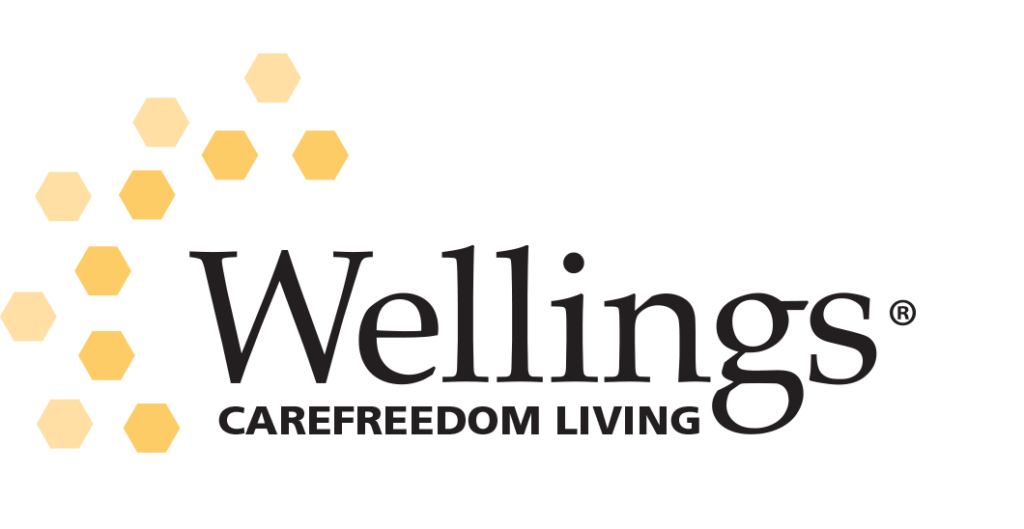
This Wellings blog by Kathie Donovan was exclusively written for Wellings Communities and appeared first on MyWellings.com.
